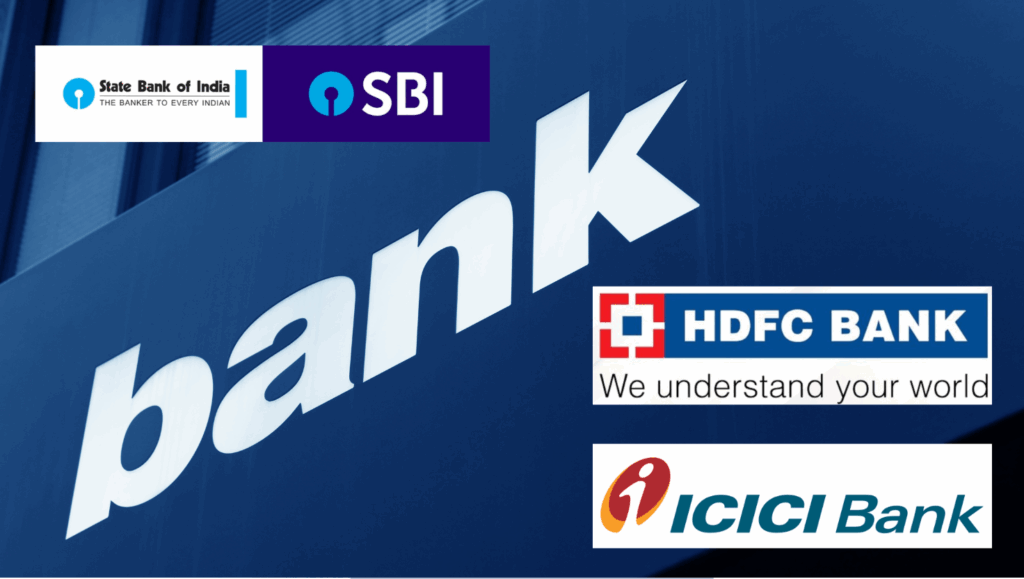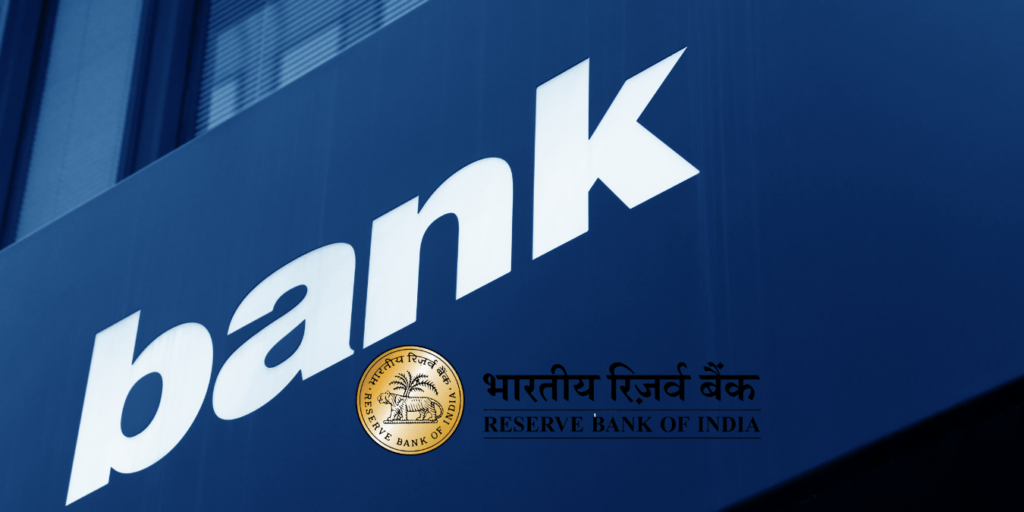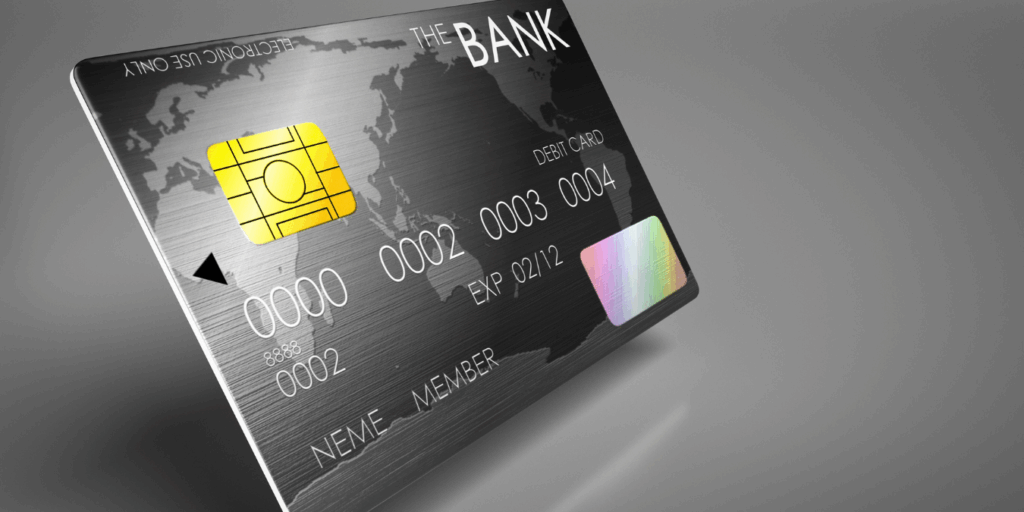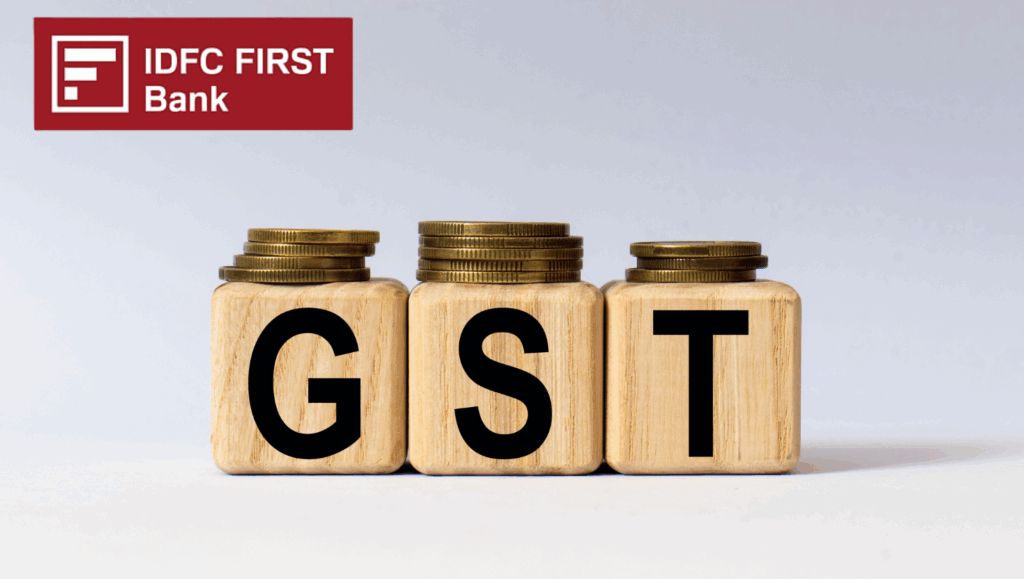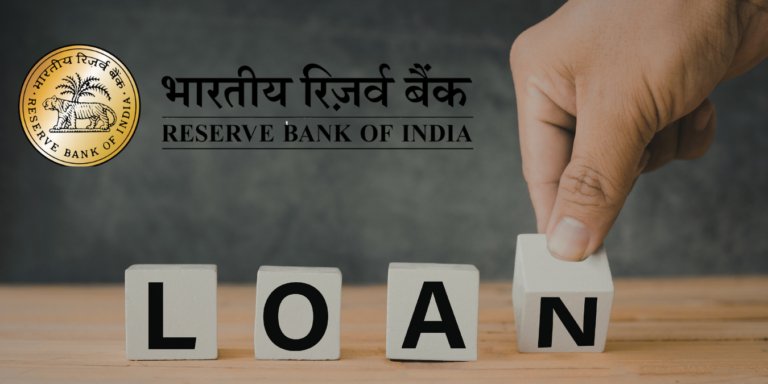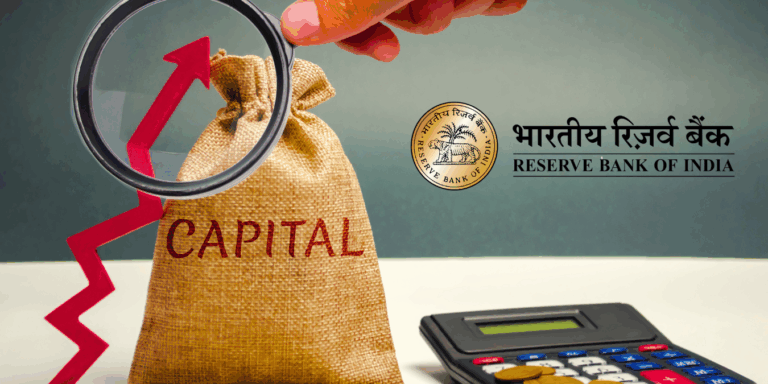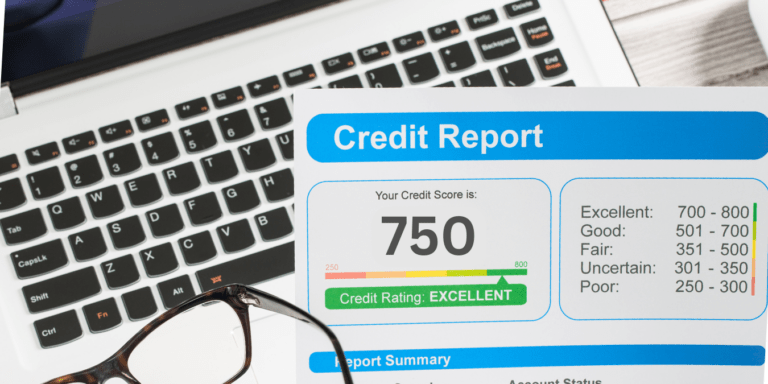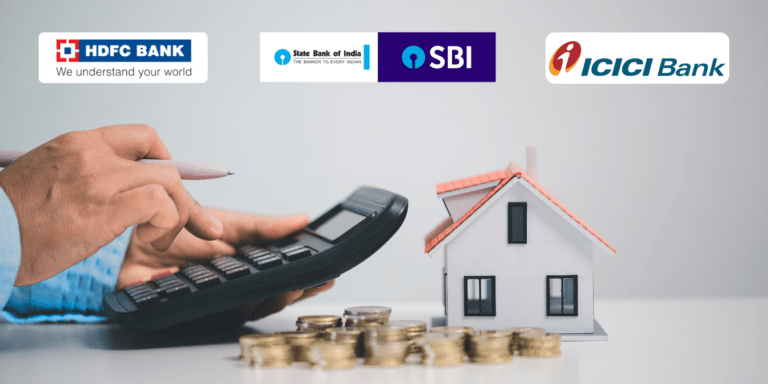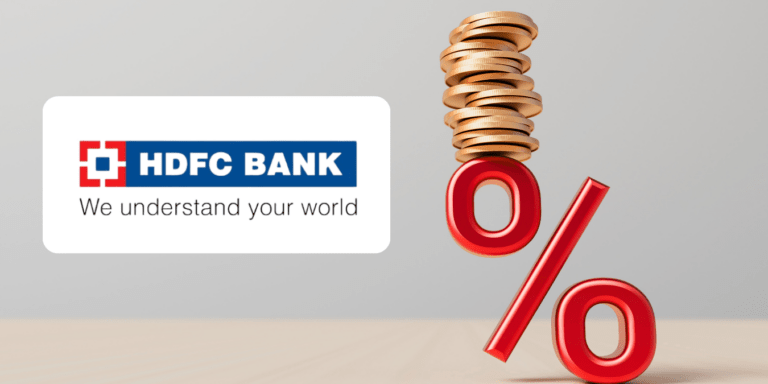
How to Build Your Credit Score: The Surprising Truths You Must Know in 2025
The secret to skyrocketing your credit score in India 2025! Discover little-known facts, expert tips, and surprising truths that most miss. Are you unknowingly damaging your score? Find out how credit utilization, credit history, and more impact your financial future—before it’s too late. Click to transform your credit now!
Imagine being locked out of your dream home or your startup’s funding just because of one invisible number — your credit score. But what if the real secret to building that score isn’t what you’ve been told? What if a simple overlooked step could boost your financial future faster than you think?
Welcome to the hidden world of credit scores in India 2025, where common myths are busted, new rules are shaping your money life, and taking control of your creditworthiness could mean the difference between YES and NO from banks and lenders.
What Exactly Is a Credit Score — And Why Should You Care?
A credit score in India is a three-digit number ranging from 300 to 900, summarizing your creditworthiness. Think of it as a financial report card that lenders use to decide if you deserve a loan or credit card, and at what interest rate.
Scores above 750 unlock better deals and lower rates, while anything below 600 signals risk and often leads to loan rejections or high-interest burdens. But scoring high isn’t just about paying bills on time — it’s about understanding a complex algorithm that considers multiple little-known factors.
The Hidden Truth: CIBIL Doesn’t Create Defaulter Lists
Many believe that credit bureaus like CIBIL maintain lists of defaulters, but here’s the shocker: they only collect and maintain your credit data. The Reserve Bank of India (RBI) is the only agency that maintains and circulates official defaulter lists.
So, a low score or a reported default on your credit report doesn’t automatically mean you’re a defaulter from the bureau’s perspective — it’s a reflection of your payment behaviour and credit history.
The Top 5 Surprising Factors That Impact Your Credit Score in India
- Payment Timeliness Is King — But Automate It!
Missing just a single EMI or bill payment can knock your score down significantly. Setting up auto-debit is a proactive way to avoid this, giving you peace of mind and consistent on-time payments, which are the strongest positive signals to bureaus. - Credit Utilization Ratios Matter More Than You Think
Using 30% or less of your available credit limit is ideal. Utilization beyond this signals overspending risk and hurts your score badly. Many Indians max out credit cards thinking use equals good credit, but this misconception can trigger dips instead. - Your Credit Mix Counts
Having a variety of credit forms—credit cards, personal loans, home loans—demonstrates financial responsibility. But don’t apply for multiple types at once; loan shopping simultaneously can cause multiple hard inquiries that reduce your score temporarily. - Old Credit Accounts Are Valuable
Closing old credit cards or accounts can inadvertently shorten your credit history length, a factor that scores track carefully. Keeping old, well-managed accounts active can boost your credit “age” and improve your score. - Regular Credit Report Checks Are Essential
Errors, outdated entries, or fraudulent activity can all tank your score without your knowledge. Checking your credit report regularly and disputing inaccuracies is a secret weapon to immediately boost your credit health in India’s evolving system.
What Role Does Credit History Length Play in Scoring
The length of your credit history plays a crucial role in shaping your credit score in India, typically accounting for about 15% of the overall score calculation. Your credit history length, also called credit age, measures how long you have held and responsibly managed credit accounts such as credit cards, personal loans, or mortgages.
A longer credit history offers lenders a more detailed and reliable picture of your financial behavior over time, demonstrating your ability to manage credit consistently and repay debts punctually. This extensive track record builds lender confidence, positively impacting your creditworthiness and enabling better access to loans with favorable terms.
Several factors influence credit history length:
- The age of your oldest credit account significantly affects your credit age.
- The average age of all your credit accounts is also considered.
- Opening new credit accounts can lower the average credit age, potentially reducing your score temporarily.
- Closing old accounts can shorten your credit history length, harming your credit score.
If you have a shorter credit history, scoring models have less data to evaluate your creditworthiness, which may translate into a lower credit score and higher perceived lending risk. This can make it harder or more expensive to get credit.
Maintaining a mix of old and new credit accounts, avoiding unnecessary closures of long-standing accounts, and managing them responsibly helps build a strong credit history length over time. Starting early and ensuring consistent, on-time repayments amplify this effect.
Why Building Credit Now Feels Urgent for Indians in 2025
The Indian financial ecosystem is rapidly digitizing with innovations like fintech credit products, buy-now-pay-later schemes, and growing digital lending platforms. These new entrants weigh credit scores heavily in their acceptance models.
Furthermore, regulatory tightening by the RBI focuses on responsible borrowing, meaning lenders increasingly prefer applicants with strong credit fundamentals. A good score today means more access and better terms, while a lagging score can lock you out of critical financial products just when you need them most.
How Does Credit Utilization Impact Your Overall Score
Credit utilization has a significant impact on your overall credit score in India, accounting for up to 30% of the score calculation. It is the ratio of your total outstanding credit card balances (and other revolving credit) to your total available credit limit, expressed as a percentage.
A low credit utilization ratio—generally recommended to be below 30%—indicates responsible credit use, suggesting to lenders that you are managing your credit well and not overly reliant on borrowed funds. Maintaining this low ratio positively affects your credit score and signals good financial discipline. Conversely, a high credit utilization ratio implies potential financial strain or excessive reliance on credit, which can lower your credit score sharply and be a red flag for lenders.
Credit utilization is assessed both for individual credit accounts and as an aggregate across all your credit lines. Therefore, spreading your spending across multiple cards or credit accounts to keep utilization low on each can help maintain a healthier overall ratio. Interestingly, while using zero credit might seem ideal, completely avoiding credit utilization can negatively impact your score as lenders also want to see responsible credit use.
What Expert Tips Can Help Improve Credit Scores Faster
Here are expert tips to improve your credit score faster in India in 2025:
- Make Timely Payments Always
Payment history is the most critical factor in credit scoring. Set up auto-debit or payment reminders to ensure no EMI or credit card payment is missed or delayed, as even one late payment can significantly impact your score. - Keep Credit Utilization Below 30% (Ideally Even Lower)
Credit utilization ratio refers to how much of your available credit limit you use. Experts recommend maintaining it below 30%, or even below 10% for faster impact. High utilization signals financial stress and lowers scores. - Avoid Multiple Loan or Credit Card Applications in Short Span
Each credit application triggers a hard inquiry and too many inquiries within a short period suggest financial distress, causing temporary score dips. Apply selectively and space out requests. - Maintain a Healthy Credit Mix
A good mix of secured loans (home, auto) and unsecured loans (personal loans, credit cards) shows responsible credit management and supports better credit scores. - Pay Off High Credit Card Balances Quickly
Reducing outstanding card balances lowers credit utilization and can boost scores swiftly. Consider strategies like debt snowball, consolidation loans, or balance transfer cards. - Regularly Check and Correct Credit Report Errors
Mistakes or fraudulent activity can drag down your score. Monitor your credit reports frequently, dispute inaccuracies, and get them corrected immediately. - Get Credit for Non-Traditional Payments
New services like Experian Boost allow you to include on-time payments for rent, utilities, and subscriptions in your credit report, which can raise your credit score faster. - Keep Older Credit Accounts Open
Closing old credit accounts reduces average credit tenure and can lower your score. Maintain long-standing accounts in good standing to build credit history length. - Use Minimal New Credit While Rebuilding
If rebuilding your credit, apply for one new credit product at a time, use it responsibly, and make timely payments to build a positive history.
By adhering to these expert practices focused on disciplined repayments, credit utilization control, selective credit applications, and proactive credit monitoring, you can accelerate your credit score improvement significantly in 2025 India
What are Common Misconceptions about Credit Scores in India
Common misconceptions about credit scores in India in 2025 include the following key myths and facts:
- Myth: Checking your own credit score lowers it.
This is false. Checking your own credit score is a soft inquiry and does not impact your score. Only hard inquiries, typically done by lenders when you apply for credit, can affect your score slightly. - Myth: Your credit score depends on your income or salary.
Your credit score is based purely on your credit behavior — repayment history, credit utilization, credit mix, and length of credit history. Income does not factor into the score calculation. A person earning low income can have a high score with responsible credit use and vice versa. - Myth: Closing old credit cards or accounts improves your score.
Actually, closing old accounts can reduce the length of your credit history and lower your available credit limit, both of which can hurt your credit score. Keeping older credit accounts open and active is beneficial. - Myth: No credit history means a good credit score.
Having no credit history means you do not have a credit score at all. Without credit usage and repayment history, lenders cannot assess your creditworthiness, which can lead to loan or credit card rejections. - Myth: Carrying a balance on your credit card builds your credit score.
Carrying a high balance can actually hurt your score due to high credit utilization. Paying your full balance on time is better for your credit health. - Myth: There is only one credit score and only CIBIL provides it.
There are several credit bureaus in India like CIBIL, Experian, Equifax, and CRIF High Mark, each with slightly different scoring models and reports. So, your credit score can vary across bureaus. - Myth: Once your credit score is low, it cannot be fixed.
This is incorrect. Credit scores are dynamic and can improve with disciplined financial behavior, timely payments, and managing credit well over time. - Myth: Lenders only check CIBIL scores during loan approvals.
While many lenders use CIBIL, others may use scores from different bureaus or multiple scores to assess risk.
Actionable Takeaways for Building Your Credit Score Now
- Set up auto-pay for EMIs and utility bills to avoid late payments.
- Maintain credit utilization under 30% consistently.
- Establish a diverse credit mix strategically without over-applying.
- Check your credit score quarterly and dispute inaccuracies immediately.
- Keep older financial accounts active to boost credit age.
- Avoid short-term multiple loan/credit card inquiries.
What the Future Holds: Credit Scores and Lending in India
The credit scoring landscape is poised for a revolution with AI-powered credit assessment models and alternative data like rental payments, phone bills, and even social behaviour gaining importance. This shift could accelerate credit access for millions but also demands greater vigilance from consumers.
Moreover, government initiatives aiming for financial inclusion and digital credit frameworks will make credit building both easier and essential. The future belongs to those who build credit smartly today.




